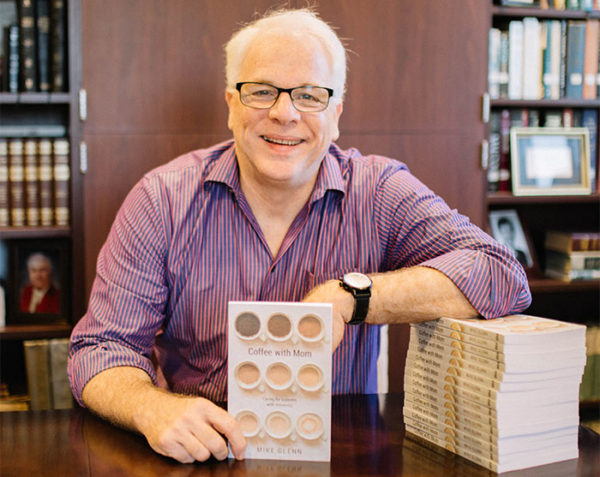The military’s revised policy on homosexuality has definitely produced stress for chaplains and service members, Southern Baptists’ lead chaplain told a Washington audience.
An increasing intolerance toward religion appears to be a by-product of the ongoing controversy over religious expression in the armed services, said Douglas Carver, executive director of chaplaincy services for the North American Mission Board.
Speaking at a conference sponsored by the American Religious Freedom Program, Carver addressed the effect on freedom of religion and conscience brought about by the lifting of the ban on open homosexuality in the military.
“I can assure you that a tension exists in this area,” Carver told participants.
“For example, the Department of Defense no longer considers homosexuality a moral issue. [To the department,] it is an amoral issue. To them, it’s a concern of human dignity, respect, discipline and professionalism. However, a number of our chaplains and troops believe that homosexuality is a moral issue.”
The policy change has increased tensions, he said, regarding:
- “[G]overnmental authority versus religious authority and sacred Scriptures.”
- “[R]eligious diversity and religious practices.”
One of the results, Carver said, has been “a confusion, especially among some of our commanders, over religious freedom protocol.”
He added, “There is a growing concern over political correctness and how it may inhibit freedom of religious expression, especially while in uniform.”
“Due to the negative press on religious issues, there appears to be a growing intolerance to even discussing religion at all — an intolerance to religion,” said Carver, who retired in September as the Army Chief of Chaplains after 38 years in the service. “And perhaps that is one of the greatest threats that we are all facing — intolerance to religion which can lead to the absence of religion in the public marketplace, which can lead to silencing our voices about religious issues, which can lead to prejudice and violence, etc.”
That intolerance, or inhibition of religious free exercise, has manifested itself in several ways. Ron Crews, executive director of the Chaplain Alliance for Religious Liberty, cited some examples at the conference:
- Adm. Michael Mullen, chairman of the Joint Chiefs of Staff at the time, briefed special forces soldiers at Fort Bragg in North Carolina after President Obama announced his intention in 2010 to repeal the military ban known as Don’t Ask, Don’t Tell (DADT). Based on what was shared by witnesses, Crews said, a young chaplain asked Mullen, “Sir, if this policy is repealed, will those of us who hold biblical views that homosexuality is a sin still be protected to express those views?” Mullen pointed a finger toward him and said, “Chaplain, if you cannot get in line with this policy, resign your commission.”
- Lt. Gen. Thomas Bostick, the Army’s deputy chief of staff for personnel, provided a September 2010 briefing on DADT for troops at European Command headquarters in Stuttgart, Germany. According to The Washington Times, Bostick said, “Unfortunately, we have a minority of service members who are still racists and bigoted and you will never be able to get rid of all of them. But these people opposing this new policy will need to get with the program, and if they can’t they need to get out.”
Those comments from Mullen and Bostick had a “chilling effect” on the religious liberty of chaplains and troops, said Crews, who served 28 years as an Army chaplain.
Service members who have come out as homosexuals since DADT’s reversal often are quoted in news stories, but those who hold views opposed to the repeal are not permitted to speak to reporters, Crews said.
(Baptist Press)





Share with others: